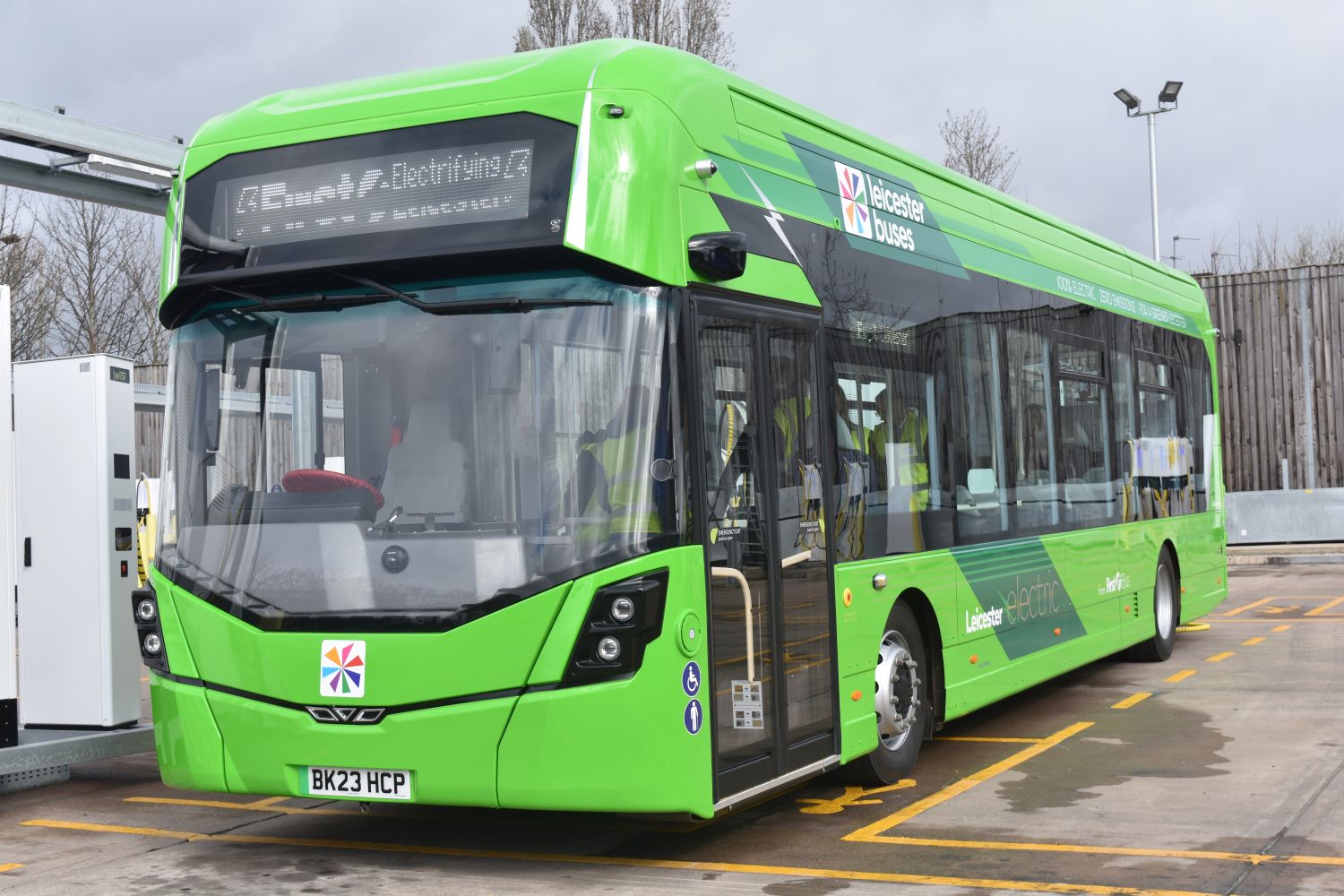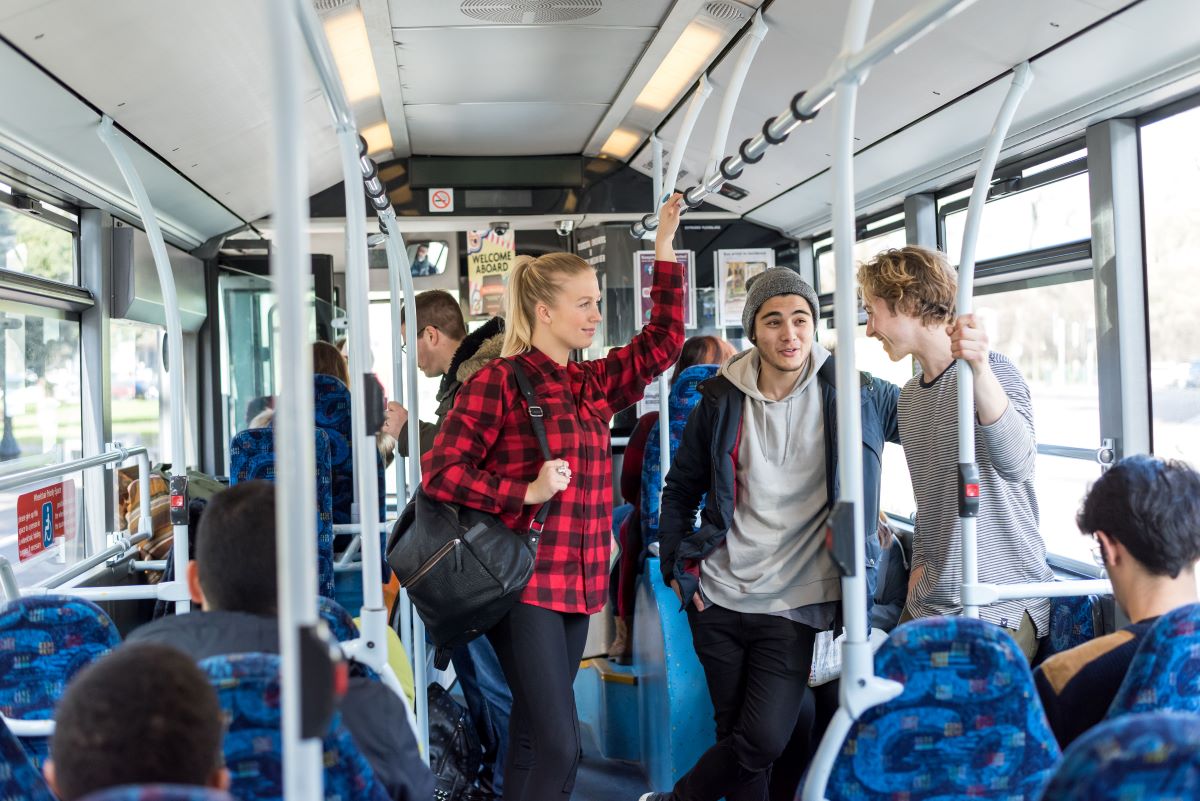Battery-electric buses are 70% more efficient than Euro-VI diesel equivalents and also use less energy than hydrogen fuel cell (HFC) buses, according to a newly published Department for Transport (DfT) report.
The Low-Emission Bus Scheme Monitoring Report also found electric buses reduced greenhouse gases by up to 70%. It concluded that HFC used up to 58% less energy as hydrogen than diesel, that diesel hybrid buses were 15-37% more efficient than non-hybrid diesels and that buses using compressed natural gas (CNG) used more energy than diesel.
The analysis was carried out on 275 buses funded by the Low-Emission Bus Scheme (LEBS) in 2016-7. LEBS projects were required to provide monitoring data for a 12-month period. These buses are saving more than 10,000 tonnes of greenhouse gases per year, according to the report.
The publication noted that electric buses would use close to 100% less greenhouse gases than diesel with fully renewable electricity supply. It also said electric bus efficiency could be optimised by using telematics to encourage efficient driver techniques, scheduled maintenance and by by heating the interior with
air-source heat-pumps.
Arriva/Merseytravel was the biggest LEBS project in terms of buses funded with 51 diesel hybrids, 12 battery electric and 19 CNG/biomethane.



























